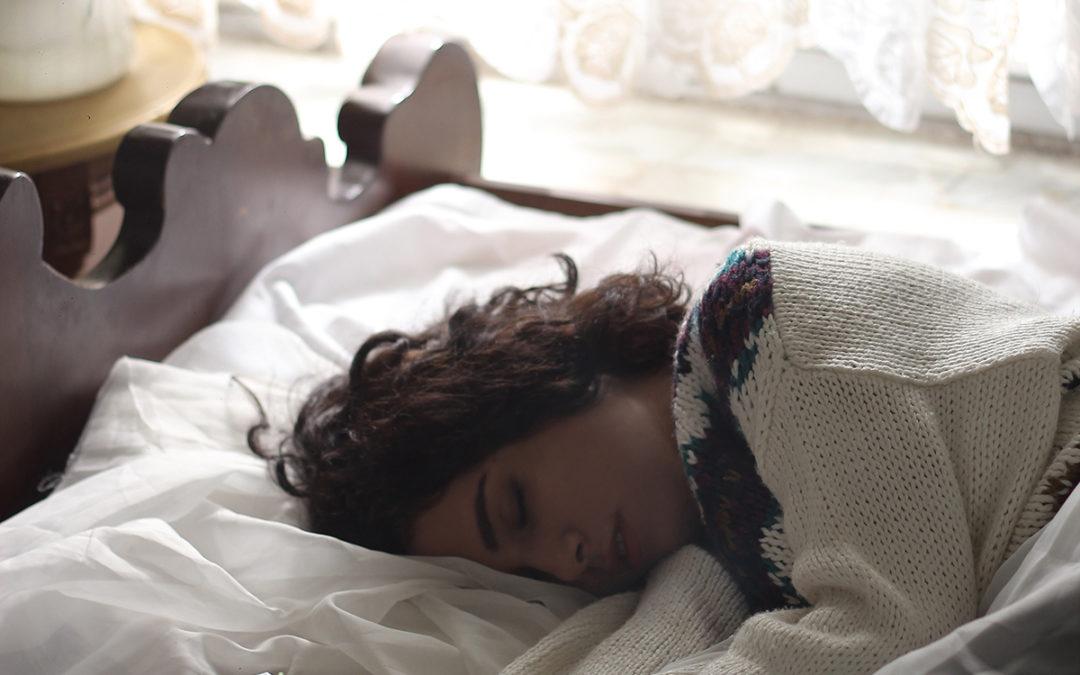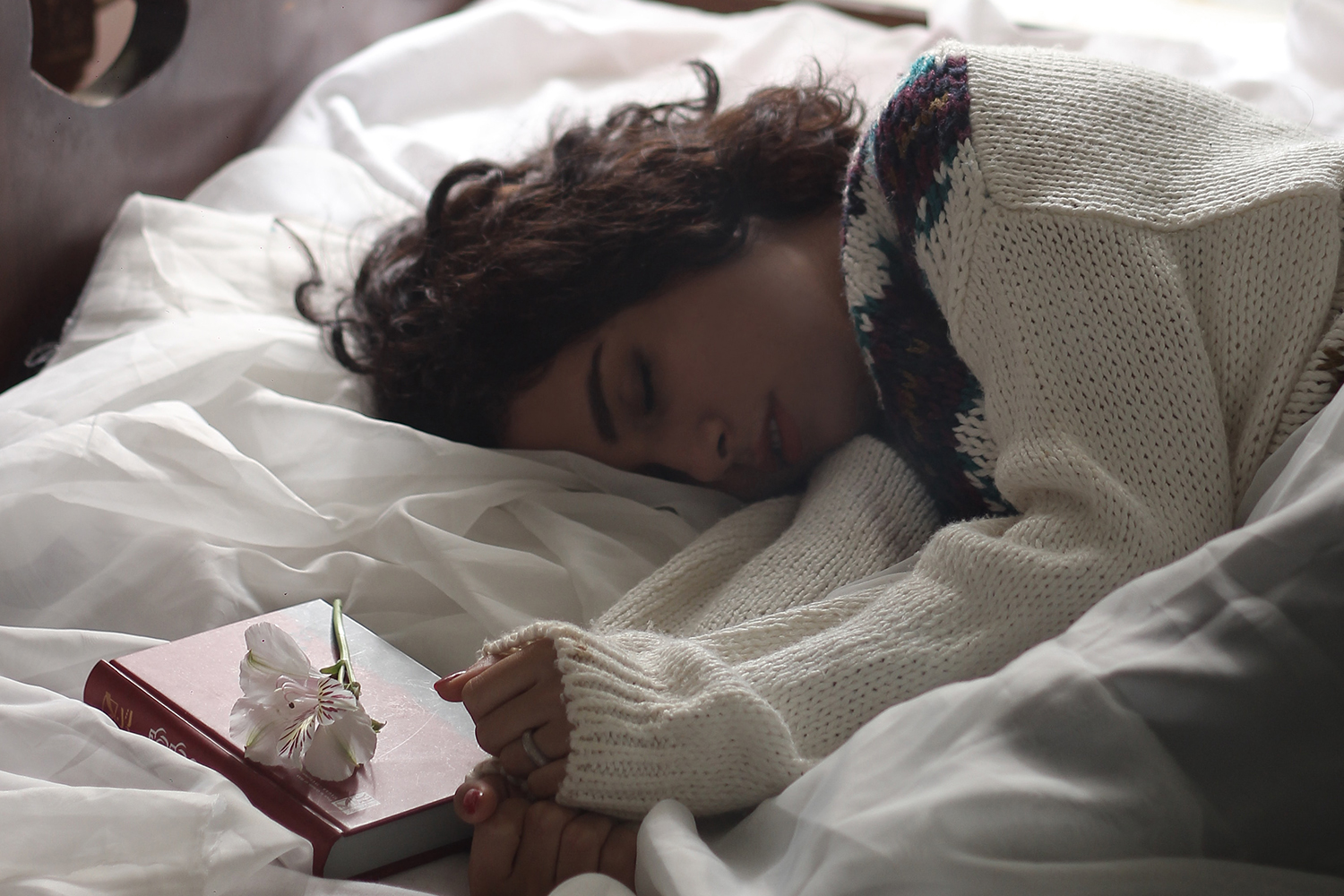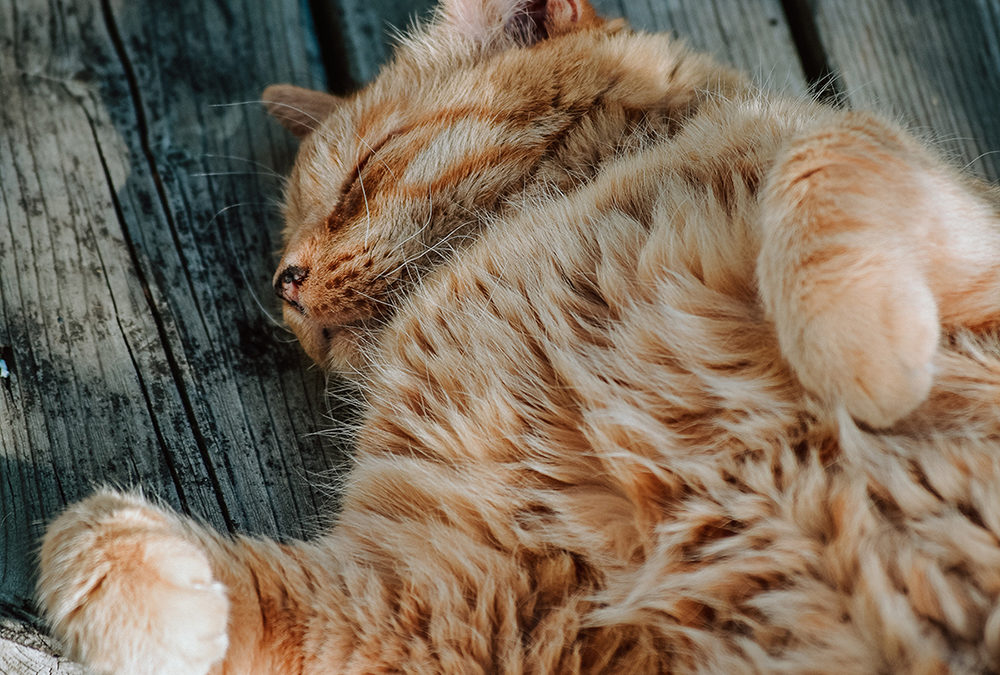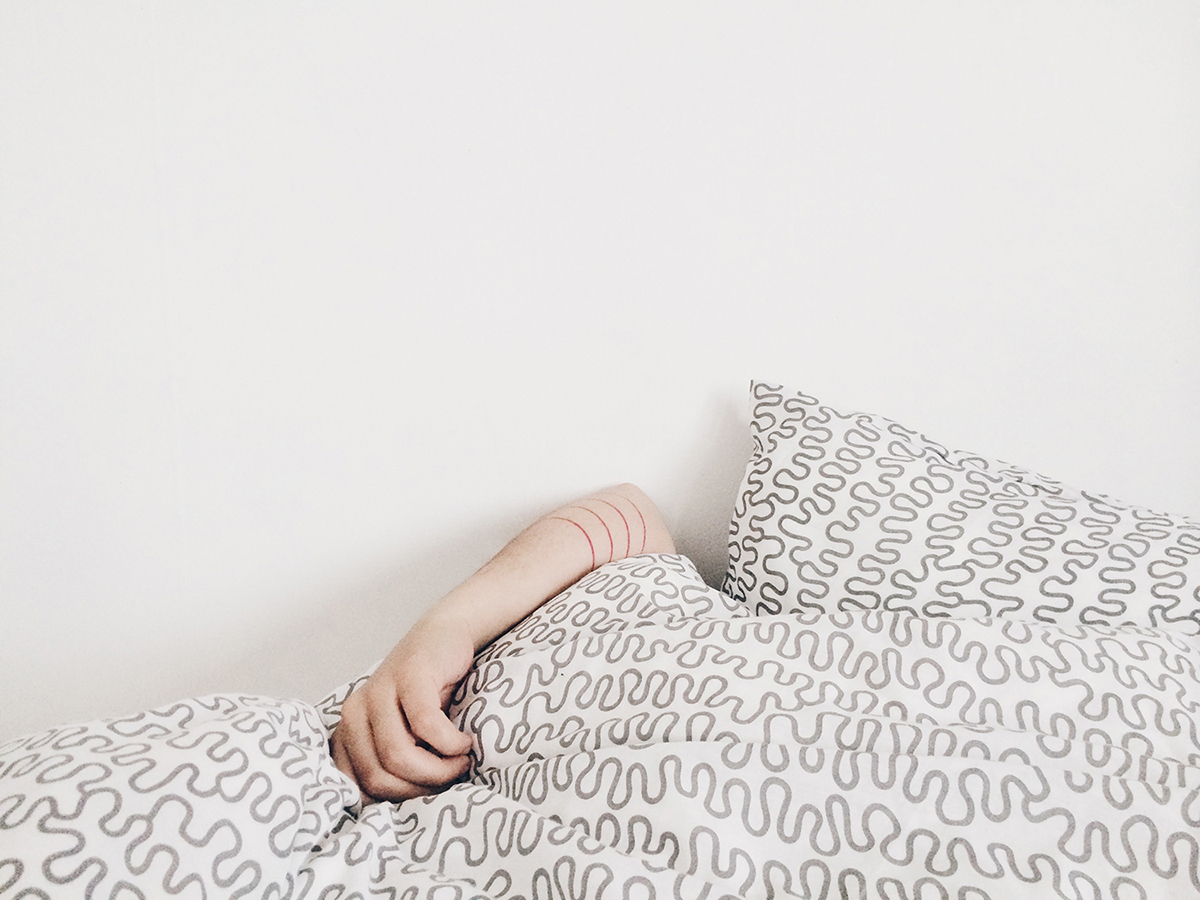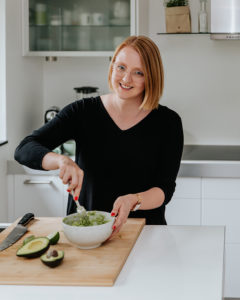
by hello@healthfullyheather.com | Jul 9, 2019 | Nutrition 101
While I practice nutrition by training, I’m all about a holistic approach. That means I like to look at all aspects of life and how they come to together to create optimal health!
To keep things as simple as possible I’ve broken it down into the 5 key foundations of health, split into nutrition – the layer that everything is supported by – and lifestyle.
While we’re looking at each aspect separately, it’s really how they all come together that determines how good (or not) we feel.
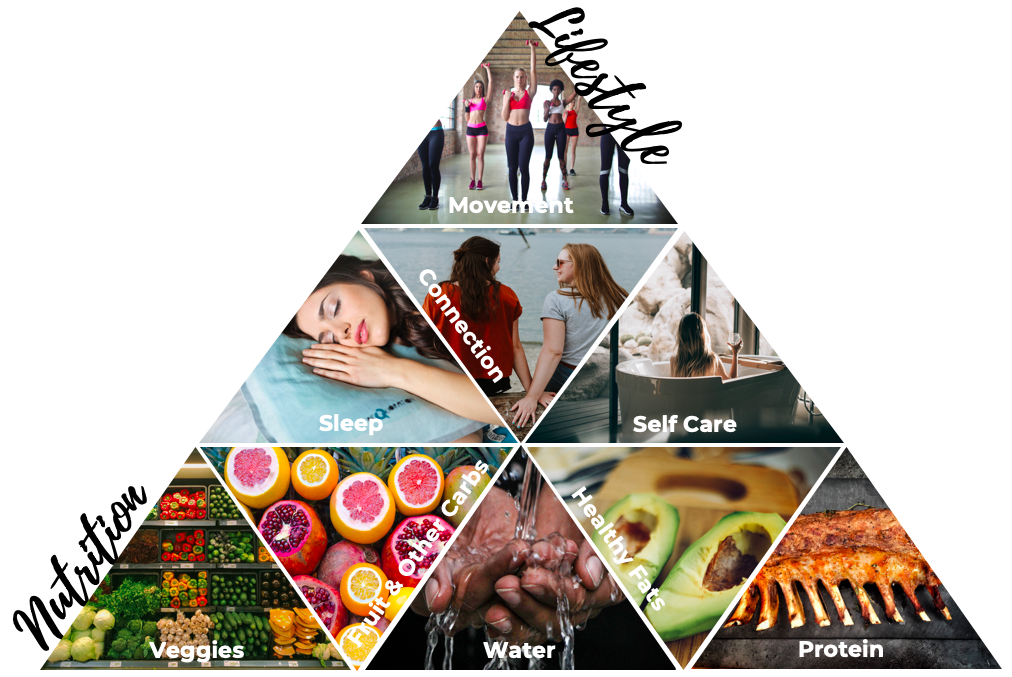
Foundation One – Nutrition
While there are so many different ways we can categorize nutrition, I’ve split this up almost along the macronutrient lines. Carbs, fat, protein, and water are our macronutrients (and if you click on any of those labels you’ll go straight to a blog article going into each more in depth!).
But I just had to split out veggies and give it its own spotlight because they are so. darn. important! They are packed with vital vitamins, minerals, and often antioxidants, and because of this I also consider them our best source of fiber.
Nutrition really underpins our health which is why I have it as the bottom layer of the pyramid. The majority of our immune system is in our gut and a lot of the neurotransmitter serotonin is also produced there (the happy chemical for our brains!). What we eat affects our energy levels and allows our body to build and maintain healthy tissues.
Honestly, I could go on and on about how important nutrition is! But I’m hoping since you’re here with me you already recognize this. 😉 For me, food is about nutrient density – eating the things that are packed full of the most nutrition possible. This comes before food for fuel or calorie counting.
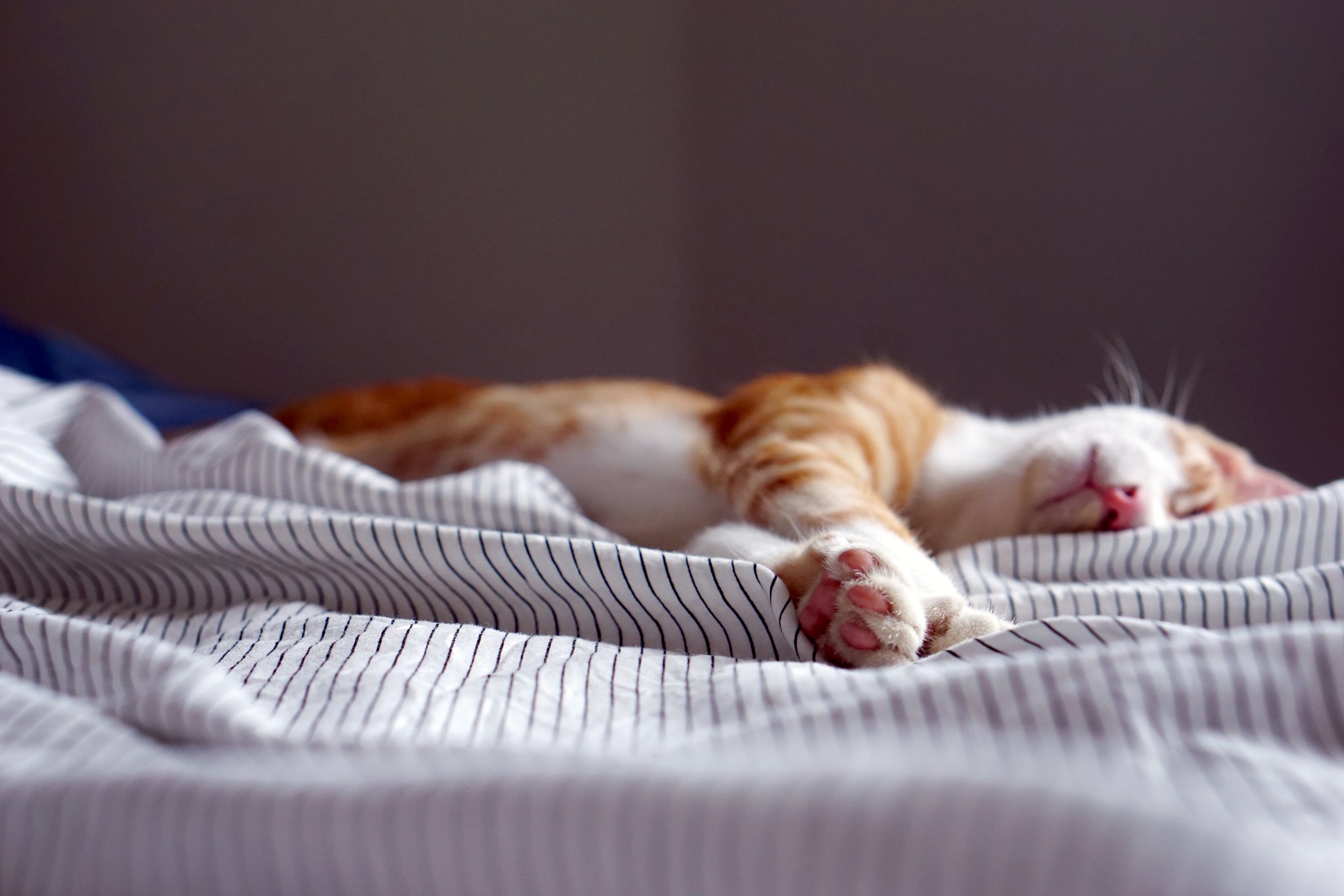
Photo by Lauren Kay on Unsplash
Foundation Two – Sleep
Sleep is absolutely vital to ensuring our body is able to rest and recover from the activities of our day. Lack of sleep has been linked to overeating as well as increasing our likelihood of making poor food choices (since you’re so tired and just craving easy energy!). Sleep loss can increase your risk of insulin resistance and can wreak havoc on your hormone levels. It’s fundamental for the health of our brain and immune system.
Sleep loss does accumulate night after night, and if you aren’t sleeping enough during the week it’s highly likely that having a lie-in on weekends isn’t completely getting you out of the red. Plus just one night of poor sleep can already profoundly affect our energy levels and needs the next day.
Remember that adults tend to need 7-9 hours of sleep every night. Sleeping less than 6 hours a night increases your risk of all-cause mortality by 12%. To find out what your body needs try to head to bed at the same time every night for at least a week and wake without an alarm clock. After a few days (once you’ve recovered from any deficit you may have been in) you should naturally find your body’s set point.

Photo by Sylwia Bartyzel on Unsplash
Foundation Three – Connection
It made headlines in 2018 when the UK created the position of “minister of loneliness”. She’s been tasked with working on bringing down the rates of loneliness across all generations, and a lot of other countries have taken note.
The permeation of the internet and social media into our lives has on one hand brought an increase in social connections – for example I can now easy stay up-to-date with my family back in Canada! But on the other hand, it can result in us becoming even more isolated. Sometimes social media can feel social – but often we aren’t making genuine connections and most of us are taking on the role of observer.
Even for this introvert it can sometimes feel easier to hole up alone and avoid “peopling”! But even introverts shouldn’t forget how important these interactions are. While they may cost energy, they fill you up in a different way!
Having genuine connections with others is a key component for our mental health which is more connected to our physical health than we often think. And this can come in a variety of ways – for example, family, friends, pets, colleagues, or community groups. Connection can also include a closeness with nature – getting outside, breathing fresh air, and surrounding ourselves at least occasionally with greenery.
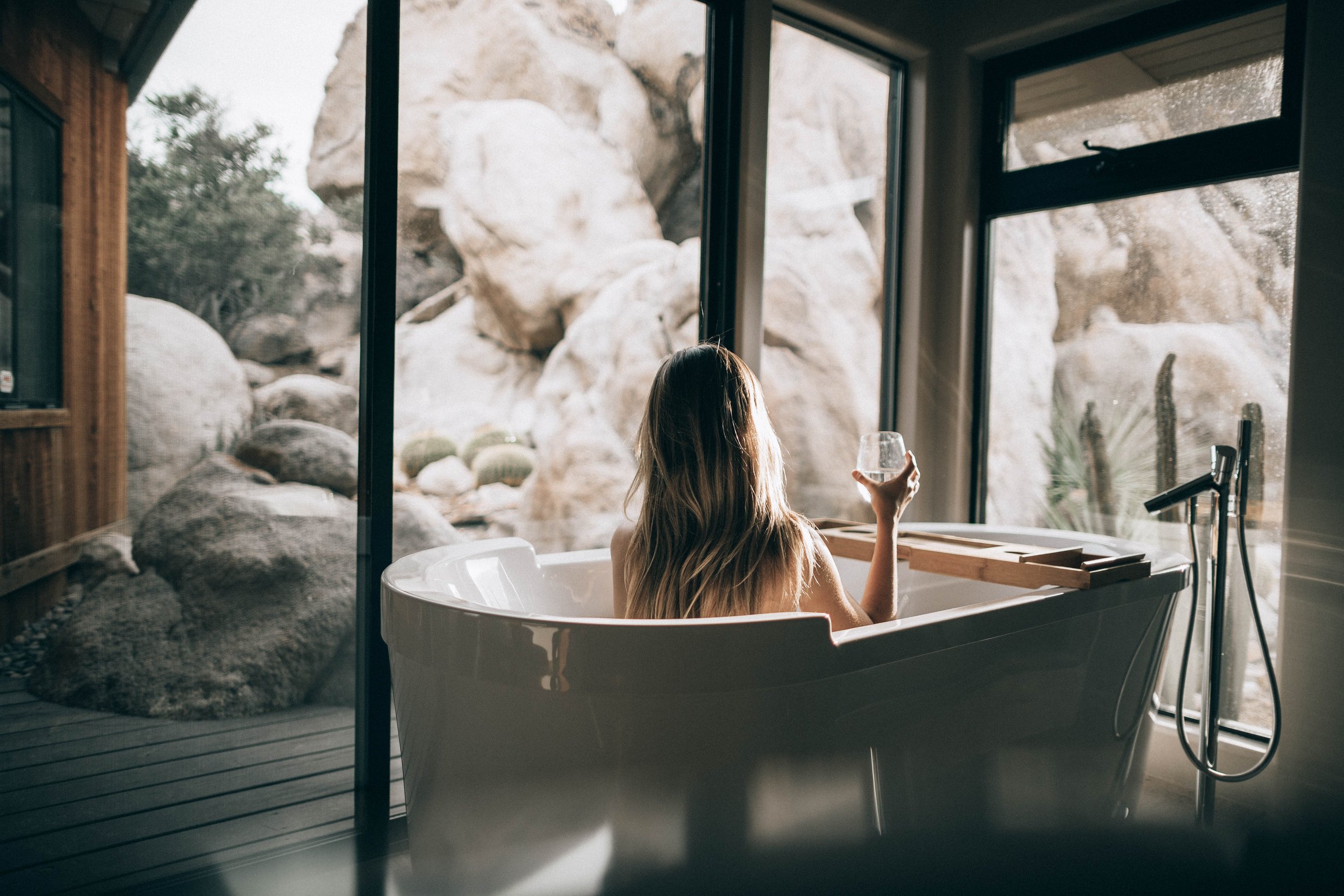
Photo by Roberto Nickson on Unsplash
Foundation Four – Self-Care
Self-care or stress management tends to be an area we easily overlook. It doesn’t need to be yoga, journaling, or a rose petal filled bath, but just something that allows you to relax, breathe, and recharge yourself. This could be a walk out in nature, a movie night with your partner, even a solo trip to the grocery store!
Stress can manifest in so many different ways, that taking care to try and reduce or recover from this is incredibly important. Stress can affect our digestion, our hormones, our sleep, our relationships! You can be doing everything else right, but if your stress levels are too high you could be undoing all the positive work.
“You can’t pour from an empty cup.”
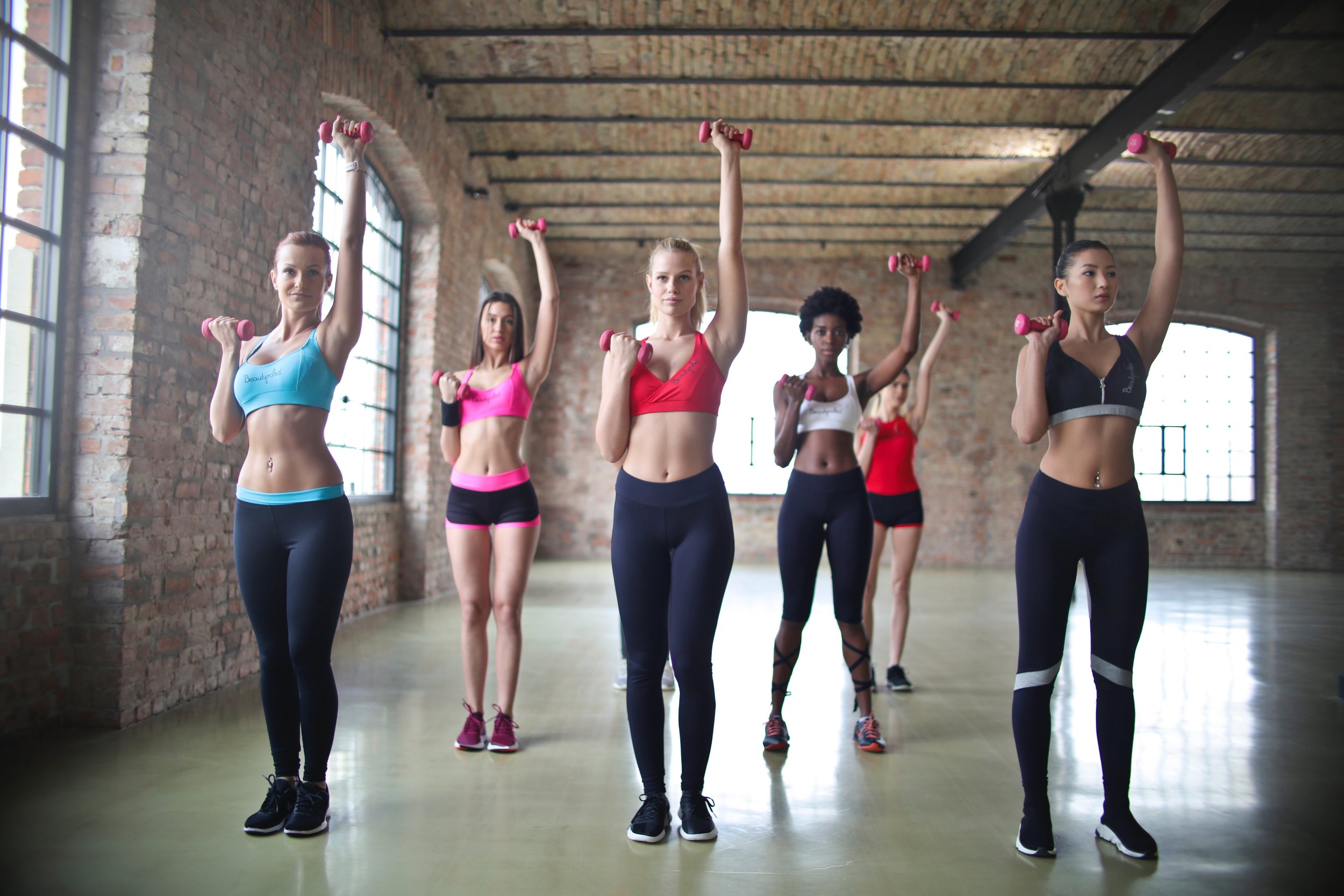
Photo by bruce mars on Unsplash
Foundation Five – Movement
There has definitely never been another era in human existence where we have been so sedentary! I don’t think you can confute that movement is necessary for our health.
However, I have called this foundation movement rather than exercise. This is partly a mental word play, since we tend to have negative associations with the word exercise – like some we have to do that we’d rather not! Movement sounds more joyful – keeping your body active in a way that feels good and creates a sustainable, healthy habit.
Movement improves our health through a multitude of ways, such as boosting our immune system, improving our resistance to stress, and helping to regulate our circadian rhythm (our sleep-awake cycle).
Do these five foundations ring true for you? Perhaps there is one or more you feel you are struggling with? That’s totally normal and is a balancing act that we are all working on.
If you’re looking for more support on any of the five foundations, head over here to learn more about working with me one-on-one!
